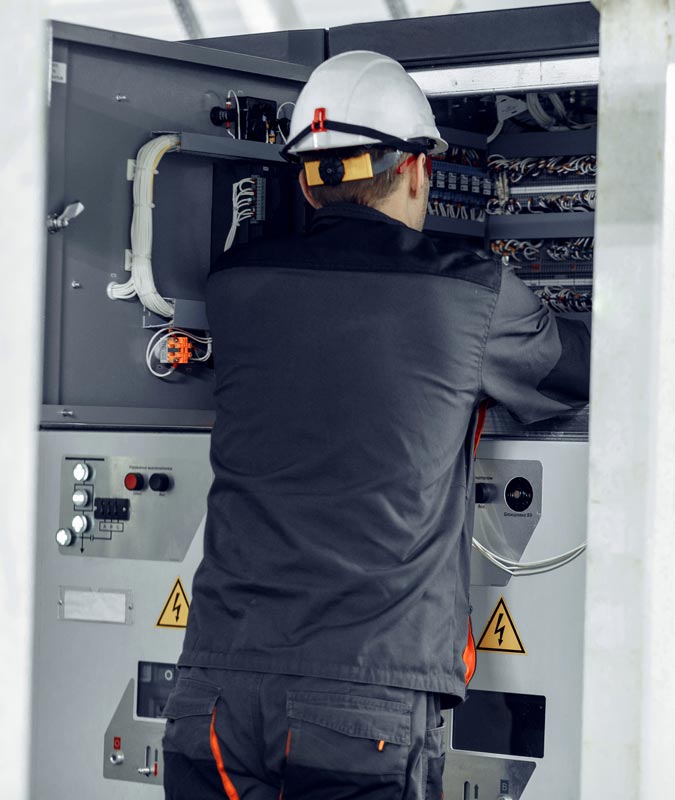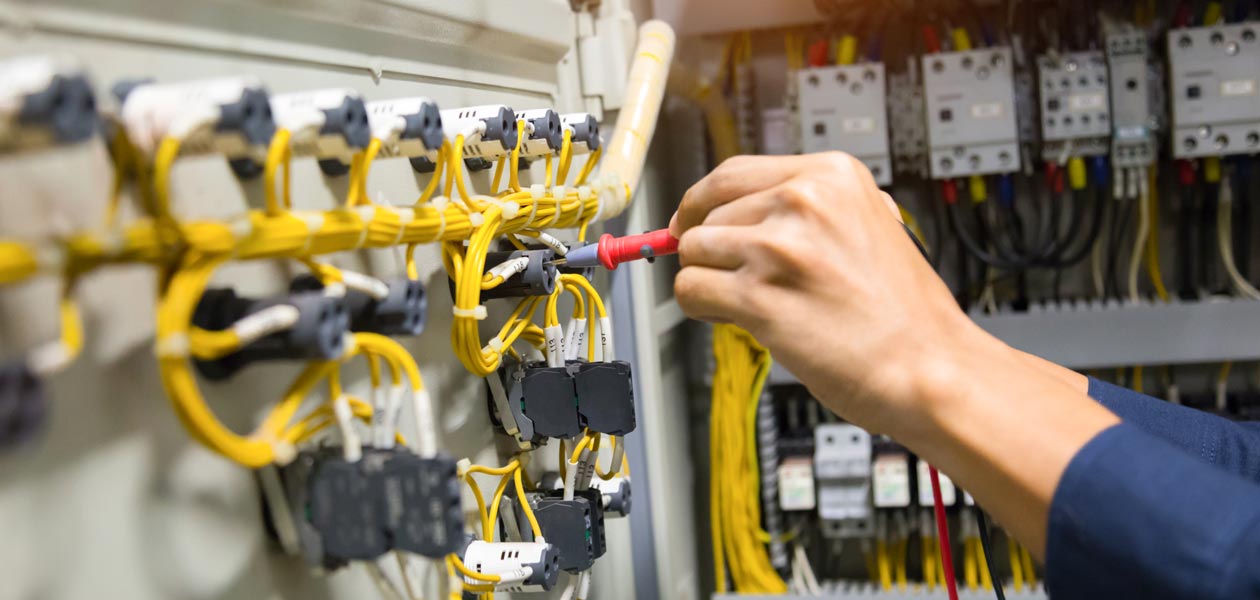Electricity can be deadly. Electricians should prevent electrical hazards, construction and remodeling personnel should know about electrical safety to learn how to recognize, assess and control hazards, such as aerial electrical cables, poor ground connections, recharged circuits and faulty insulation.
Electricity travels through a closed circuit and if someone accidentally becomes part of that electrical circuit, the current flows through your body and can suffer electric shock and severe burns. The severity of the discharge depends on the amount of current flowing through the body, the path the current follows through the body, the time the body is in the circuit, the voltage and the amount of moisture in the environment. Effects can range from a tingling to severe burns and a heart attack.
Avoid overloading electrical circuits
When too many devices are plugged into a circuit, the cables may overheat. An overload protection device such as a circuit breaker or fuse box prevents this from happening, because it immediately opens the circuit if it detects an excess of the current rate of equipment or cables. This excess current can also be caused by a short circuit or faulty equipment. Investigate the cause and fix the problem before further work.
The dangers of a wet environment
Water, and even sweat, can act as conductors of electricity. Do not work on circuits or use electrical equipment in wet or wet areas. To prevent electrical hazards, cover wet floors with wooden boards that can be kept dry. Wear insulated shoes and keep your hands dry when plugging in and unplugging electrical cables.

Si le intereso este contenido compártalo con sus colaboradores y haz clic aquí para conocer nuestros servicios.
Error: Contact form not found.



